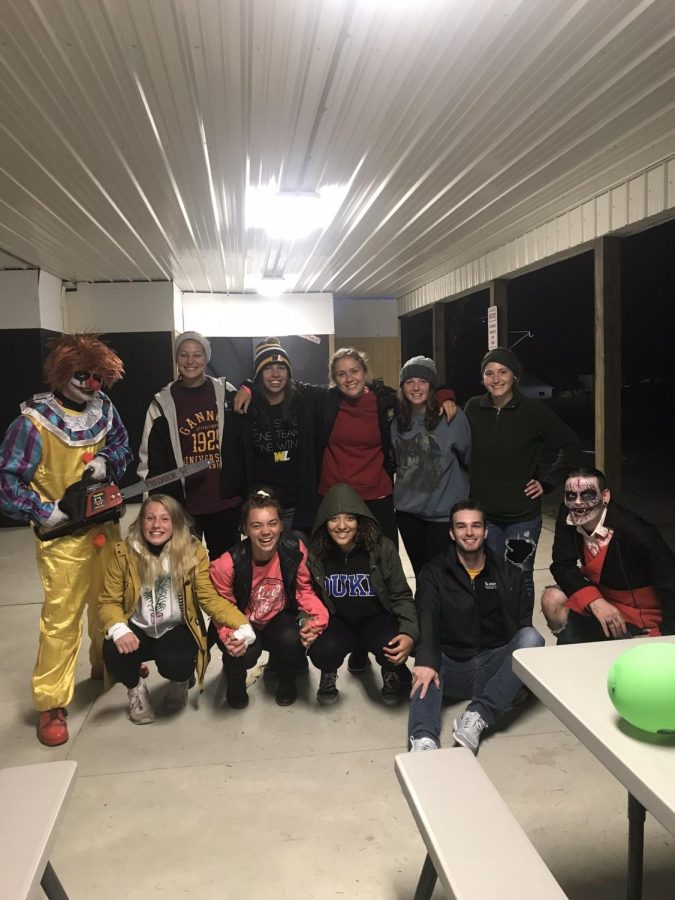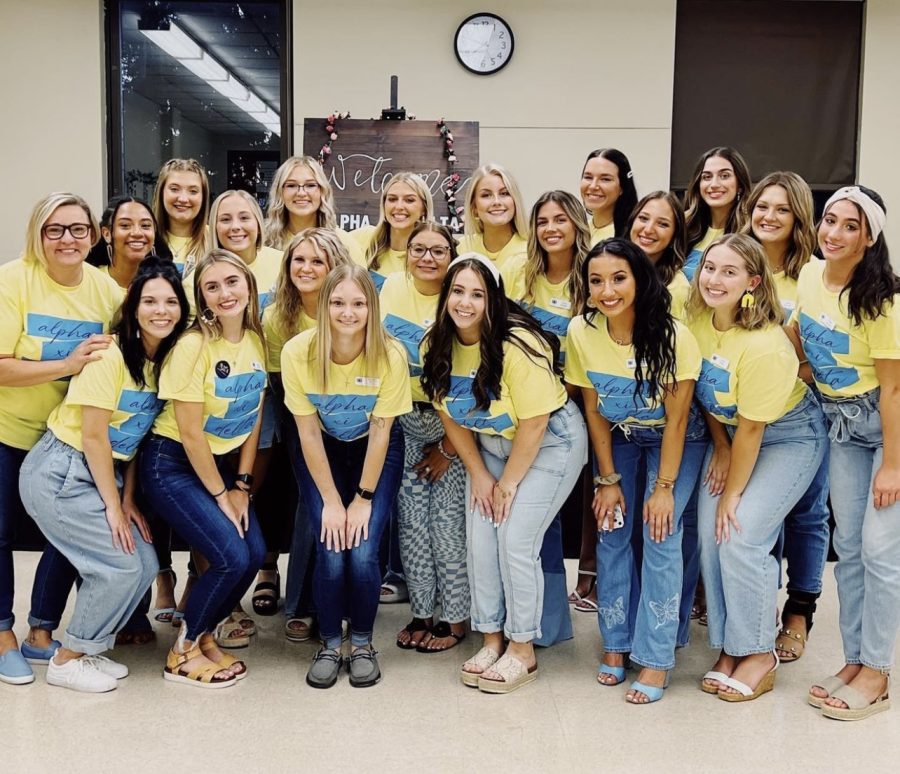By Daniel Morgan, Contributing Writer
Taking 15 credit hours a semester with a blend of general studies and major-specific classes is the formula to graduate in four years’ time. 120 credit hours are required for graduation, and it is understandable for students to want to meet that criterion, get a degree and move on. But, taking extra courses in different subject areas outside of one’s major provides opportunities for exploration and enjoyment.
Extra classes can be a difficult feat depending on a student’s semester course load, work schedule, and other outside factors. All college students struggle with focus at some point, and staying motivated throughout the semester can be challenging.
“Students can sometimes over load their class schedule with additional credits not needed, which may negatively impact their academic performance,” said Scott Cook, West Liberty University’s Registrar and Vice President of Student Services.
If you can keep yourself accountable and stay on track for graduation, I encourage you to take some electives, even if only once. Branching out into something different exposes you to other aspects of academia and life.
“Often when they (students) take a class outside their major they find connections among disciplines they wouldn’t have discovered otherwise,” WLU’s Provost Dr. Brian Crawford said.
One extra elective also breaks up the monotony of some class schedules. If I had to take five business classes one semester, or four science classes the next, I would need a respite in each. An extra class is the perfect distraction from a strict routine because it forces you to focus in on something entirely different.
However, one must be careful not to get carried away with electives. Sign up for your required classes first, then add in electives if you can.
“We want students to graduate in a timely manner, and with no more student debt than is absolutely necessary, but sometimes there is room for some additional exploration,” Crawford said. “Some of our majors are very structured, and there’s nothing inherently wrong with a pre-set schedule of general studies and major classes. Having a chance to explore outside that schedule is always beneficial, though.”
Finding exciting electives can be difficult depending on a semester’s course offerings, but something that you never have thought would interest you may turn out to be practical and enjoyable. Check out “Got electives? Here are five possibilities” for several potential electives. It’s always a good idea to check for special topics, too.
“Earning a college degree isn’t just about achieving a means to an end (receiving a degree that will funnel you toward a specific job); earning a college degree means you are an educated person who knows things about the world that you didn’t know before, and who can think in expansive new ways,” said Associate Professor of English Dr. Angela Rehbein. “Why not take advantage of the opportunity to really broaden your horizons and learn as much as you can?”
I am a journalism and public relations double major, but most of my favorite classes have been unrelated electives. Those electives remain some of my favorite and most valuable classes of my college career.
One of my biggest regrets throughout college was immediately dropping my art major without giving myself a chance in the classes; I dropped the classes and the major within two days of my first semester. However, I’m currently enrolled in printmaking, and I absolutely love it. It takes effort, but the class provides a legitimate reason to take a break from monotony and get creative.
I’ve also taken multiple education and community education courses, which opened my eyes to the nonprofit world and tested my event planning skills. I even learned how to write and evaluate grant proposals.
Adding electives also allowed me to explore and further discover my fascination with English and discussing literature. It’s something I hope to one day pursue at the graduate level, but I never would have realized it had I not allowed myself to take those classes.
Even as a double major, I accumulated 30 credit hours that do not apply to my degrees – that’s about two extra semesters! My friends and I joke about how many minors I could add if I postponed graduation.
Speaking of minors, if you have the drive to take a significant amount of additional credit hours, focusing on a minor may be beneficial. But don’t limit yourself to that.
“I ended up changing majors as a junior in college when I realized how much I was enjoying my general studies literature classes,” Rehbein said. “I kept taking English electives beyond those required for graduation, and I realized that studying language and literature was my true vocational calling. So exploring electives can also help students sort out their authentic passions, which may differ from their declared majors.”
I feel I received a well-rounded education because of the electives. I gained a lot of knowledge and skills, but most importantly I discovered some of my passions and exposed myself to how other people think and view the world around them.
I encourage every student to consider signing up for an extra elective. Talk to your academic adviser if you have any concerns about adding coursework, and if you see a class in the Spring 2019 catalog that interests you for any reason, reach out to the professor.
Photo credit: Daniel Morgan












